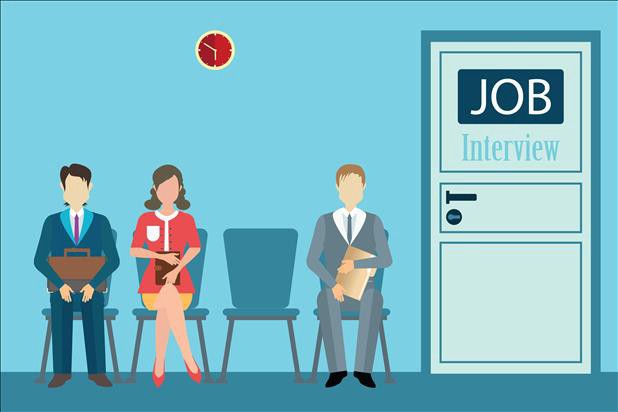How to excel in your job interview? 8 interview tips that will help you get hired
*Image source: http://careerfunda.info/5-real-ways-build-confidence-right-interview/
Once you’ve perfected the art of writing a great CV and cover letter, the next step is to know how to excel in your job interview. This is your final opportunity to showcase your skills and experience to the interviewer, and to convince them that you are the best candidate for the job. How can you improve your interview performance, and land the job of your dreams? Here are some tips to guide you along this road:
Before the interview
1) Do your research on the recruiting organisation
Read the job posting thoroughly, and be familiar with the key responsibilities and tasks required of you. Do not stop there; look at the website of the organisation, their social media pages, and read through some of their publications. Ask around in your network for more information on their work. Once you have a better idea of the needs, vision and culture of the recruiting organisation, you will be able to frame your experiences in a way that best suits the organisation.
2) Be familiar with everything on your CV, and keep up to date with developments in your field
Highlight key items in your CV which showcase that you’re a perfect fit for the job. Think about how you can match the skills and experiences on your CV to the requirements listed in the job posting. Beyond your CV, make sure that you’re well-informed on important developments in your field. Not only will this impress your interviewer, you’ll also avoid being caught off-guard in case you’re asked about a current issue.
3) Practice answers to typical job interview questions
Review typical job interview questions, and think about what your answers would be. This will help you be more articulate and at-ease during the actual interview. Some common questions from interviewers include: Why do you want to work with us? Where do you see yourself professionally in 5 years? Have you faced a difficult situation at work, and how did you resolve it?
On the day of the interview
4) Get ready ahead of time, and be mindful of the dress code
Part of getting ready also includes dressing appropriately for the position. Plan to arrive at the interview location early, in case you encounter any last-minute emergencies. Being on time for your job interview is not only crucial for demonstrating your professionalism, but it will also put you in the right frame of mind for success. You want to be relaxed and composed, not flustered, when you start the interview.
5) Interact and communicate positively with your interviewer
Always be polite and respectful, but do not be afraid to show your personality and to engage your interviewer in conversation. The key is to be friendly, but not overly familiar. Also, watch your body language – non-verbal cues are just as important as what you say. Remember, at the end of the day, your interviewer is not only looking for a candidate who meets all the technical requirements, but also someone who they would like to work with.
6) Listen carefully during the interview, and be concise and confident
If in doubt, it’s fine to clarify a question, or to take a short pause to formulate your answer. Try to be as concise as possible. One trick to structure your responses in an effective way is to follow the STAR technique. Lastly, be confident in your achievements and do not undersell yourself, but be careful not to come across as arrogant or unwilling to accept feedback.
7) Ask insightful questions
At the end of the interview, it’s likely that the interviewer will give you the opportunity to ask them questions. This is another chance for you to showcase your interest, and to find out if the organisation is a good fit for you. For instance, you could ask: How would you describe a typical day in this position? What are the key tasks that the successful candidate is expected to accomplish within the first 30 days/6 months/year? Asking knowledgeable questions will give the interviewer a great final impression of you.
After the interview
8) Follow-up with a thank you note
The final but critical step in the interviewing process is to send your interviewer a follow-up email to thank them for meeting with you. Apart from expressing your appreciation, this email can also be a way for you to reiterate why you should be selected for the position. Send the email within 24 hours, while your interview is still fresh in the interviewer’s mind.
*For more on job hunting, read: Perfect your resume: 6 tips on how to write a good CV and 5 simple steps for writing a great cover letter.
